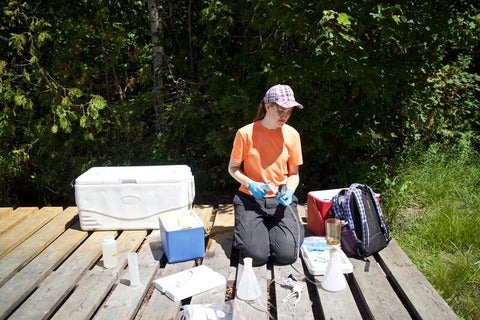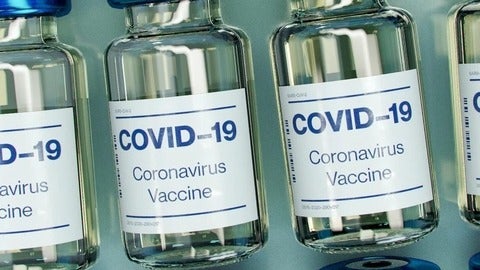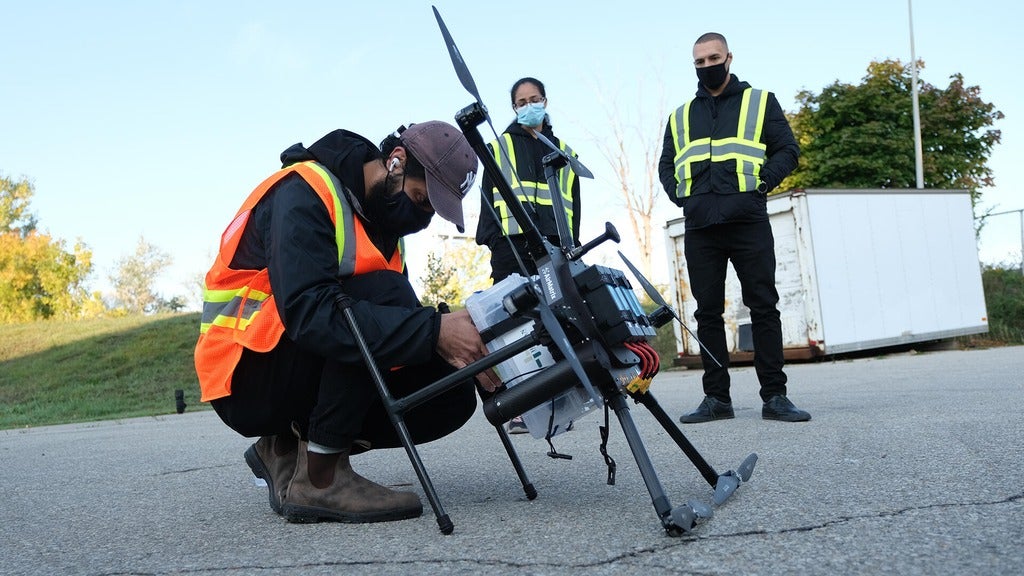Two Science graduate students awarded 2021 Amit and Meena Chakma Awards for Exceptional Teaching by a Student
The Amit & Meena Chakma Awards for Exceptional Teaching by a Student recognize up to four students from across the University of Waterloo for excellence in teaching of all kinds (e.g., teaching assistant, laboratory demonstrator, sessional lecturer) by registered students.
This year, two of the four winners were from the Faculty of Science.







